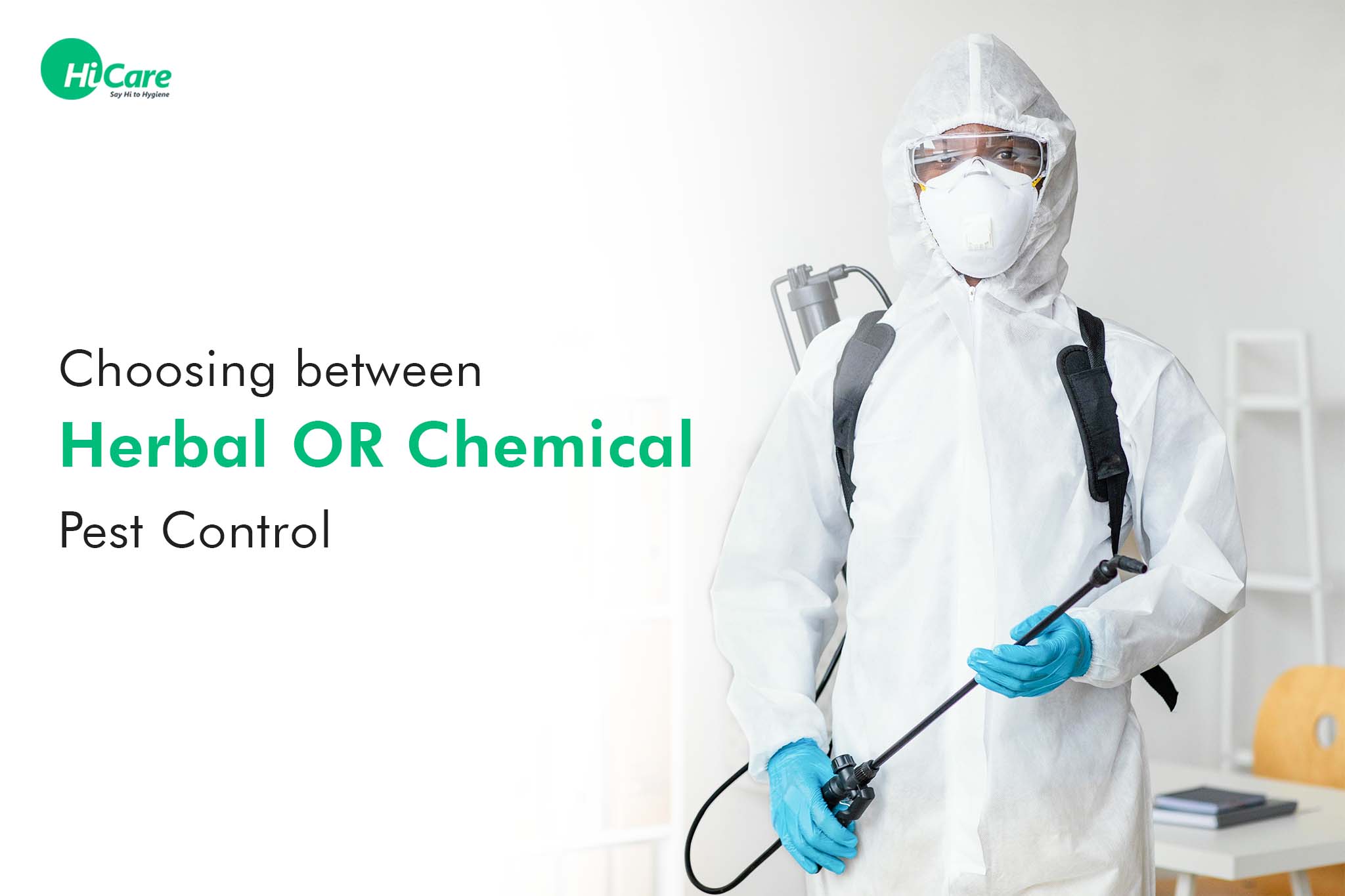Expert A1 Charlotte Bed Bug Exterminator - High Quality Service Ensured
Expert A1 Charlotte Bed Bug Exterminator - High Quality Service Ensured
Blog Article
Bed Pest Treatment Malfunction: Contrasting Chemical Vs. Non-Chemical Solutions
In the realm of bug control, particularly when dealing with the persistent problem of bed pests, the choice between chemical and non-chemical therapy solutions can be an essential one. Both approaches use distinctive advantages and drawbacks, influencing aspects such as efficiency, safety considerations, and general expense. By taking a look at the nuanced information of each approach, a more clear understanding of which course to seek in dealing with a bed pest invasion can be achieved.
Efficiency of Chemical Therapies
Chemical therapies for bed insect invasions have been widely identified for their rapid and powerful efficacy in getting rid of these insects. When thinking about the performance of chemical therapies, it is vital to recognize that they can supply a fast and extensive solution to a bed bug trouble.
Additionally, chemical therapies have the benefit of using residual results, indicating that they can remain to remove bed insects even after the preliminary application. This residual activity is specifically valuable in combating any type of potential re-infestations. Furthermore, the rapid action of chemical therapies can bring relief to individuals facing extreme bed bug invasions, allowing them to restore control of their home swiftly.
Safety Concerns With Chemical Solutions
When utilizing chemical services for bed insect therapy is making certain the security of residents and the setting,One important facet that calls for cautious consideration. While chemical treatments can be efficient in eliminating bed bugs, they may pose risks otherwise taken care of appropriately. One of the key safety and security interest in chemical services is the possible harm they can cause to human wellness. Exposure to particular chemicals used in bed pest treatments can lead to breathing concerns, skin irritation, or various other damaging reactions, specifically in people with pre-existing problems or level of sensitivities. Additionally, incorrect application or dose of chemical pesticides can lead to poisonous residues lingering in the treated area, posing lasting wellness dangers to occupants.
Additionally, the ecological influence of chemical options is another substantial factor to consider. Some chemicals utilized in bed bug therapies may be unsafe to useful bugs, wildlife, and communities if they leach right into the dirt or water systems. It is vital to use chemical treatments judiciously, adhering to security standards, and taking into consideration less hazardous choices to mitigate these threats and guarantee the safe and reliable management of bed pest invasions.
Benefits of Non-Chemical Approaches
Considering the potential safety worries and environmental influence connected with chemical solutions for bed insect treatment, exploring non-chemical techniques offers an appealing choice with a number of distinct benefits. Non-chemical methods provide a more secure alternative for households, particularly those with youngsters, animals, or people conscious rough chemicals. These methods get rid of the threats of exposure to hazardous compounds, decreasing the capacity for unfavorable health and wellness effects. Moreover, non-chemical treatments are eco-friendly, as they do not contribute to air or water air pollution, making them a lasting option for bug control.
Additionally, non-chemical solutions can be reliable in targeting bed insects, including hard-to-reach locations where chemical treatments might not pass through - A1 exterminators charlotte nc. Approaches such as warm therapy, vacuuming, steam cleansing, and bed mattress encasements provide thorough obliteration without the usage of hazardous chemicals.
Limitations of Non-Chemical Treatments

In addition, non-chemical treatments often require numerous applications to achieve successful obliteration. This can be time-consuming and might not constantly assure complete elimination of all bed bugs and their eggs, specifically in hard-to-reach or concealed areas.
Furthermore, the success of non-chemical treatments greatly relies upon appropriate implementation and thoroughness, which can be challenging for people without professional expertise. Poor application of non-chemical approaches may result in insufficient obliteration, bring about relentless infestations and the requirement for extra therapies.
Therefore, while non-chemical treatments have their advantages, it is necessary to recognize these limitations and consider them when figuring websites out the most effective approach for taking care of bed insect invasions.
Cost Contrast: Chemical Vs. Non-Chemical Options
Offered the constraints associated with non-chemical therapies, a necessary aspect to evaluate in the context of bed bug monitoring is the expense comparison in between chemical and non-chemical alternatives. In contrast, non-chemical treatments like heat treatment or vapor can be extra expensive, with prices varying that site from $1,000 to $6,000 for a whole home. While the preliminary cost of chemical therapies may appear lower, several treatments may be required to completely remove the invasion, possibly increasing the general expense.
Conclusion

Taking into consideration the potential safety worries and ecological impact associated with chemical services for bed insect treatment, checking out non-chemical techniques presents an appealing choice with a number of distinct advantages.Given the limitations linked with non-chemical therapies, a crucial element to assess in the context of bed bug monitoring is the price contrast in between chemical and non-chemical options. In contrast, non-chemical treatments like heat therapy or vapor can be more pricey, with prices ranging from $1,000 to $6,000 for a whole home. While the initial expense of chemical treatments might appear lower, several treatments may be required to fully get rid of the problem, find here potentially enhancing the total expense.In verdict, when comparing chemical and non-chemical bed bug treatment options, it is necessary to think about effectiveness, safety, benefits, restrictions, and cost.
Report this page